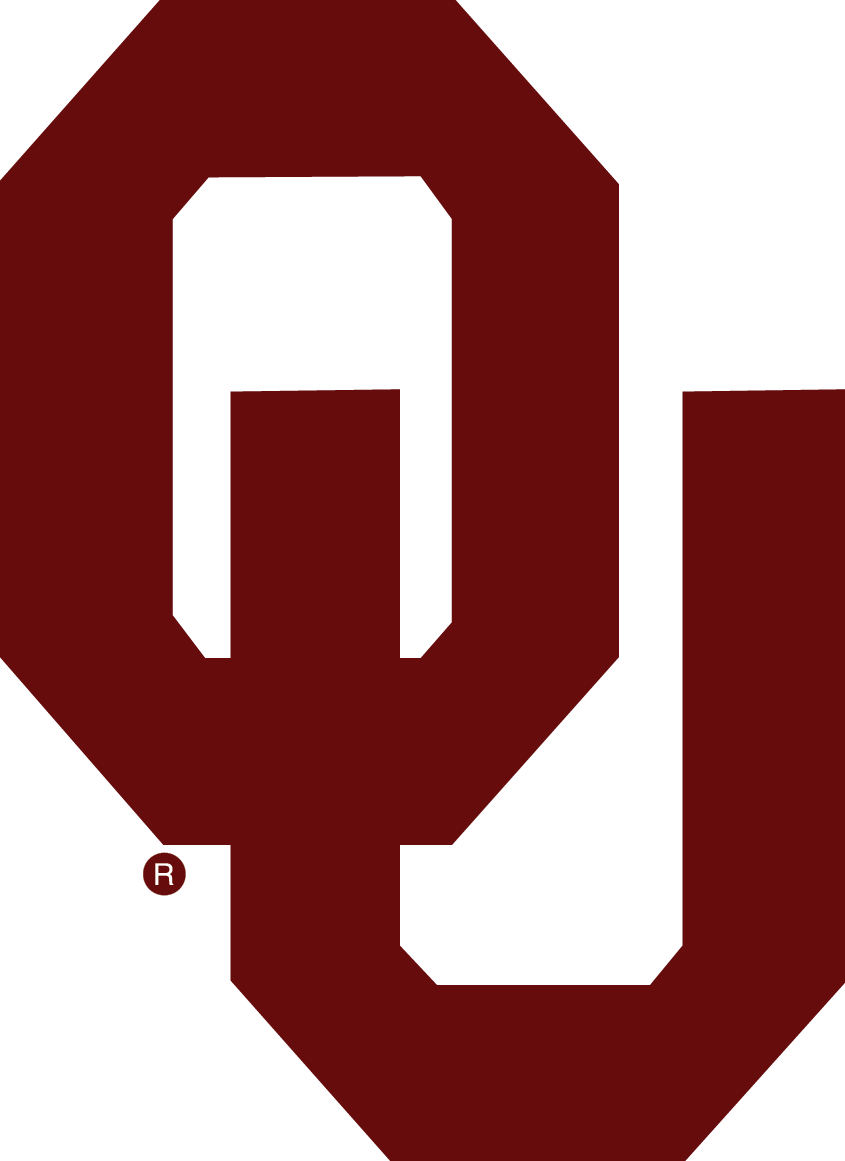There is a fee charged for all dental treatment provided at the OU College of Dentistry. The clinic fee schedule lists the fees charged for dental procedures provided by students in the predoctoral program and the dental hygiene baccalaureate program. It is reviewed and revised periodically. A copy of the current fee schedule is available in axiUm Links, and a laminated copy can be found in every clinic faculty office area.
Fees charged are approximately 1/3 the cost of those in private practice. Since clinic fees provide a substantial part of our operating funds, the faculty, staff, and students should pay close attention to and adhere to the strict application of published fees. Deviation from the clinic fee schedule requires authorization from faculty and is entered into the axiUm system via a TAR (Treatment Adjustment Request) form adjustment. The TAR Form workflow can be found in the Clinic Binder in each clinic faculty office. The “official” Clinic Binder is now available in axiUm. The location is axiUm/Links/Clinic Binder.
A 5-digit procedure code number identifies each procedure in the fee schedule and within the axiUm system. This code is important to identify the diagnosis and nature of the treatment, determine the appropriate fee to charge and facilitate the insurance filing process.
The first digit identifies the health profession - dentistry is designated "D". The second digit identifies the discipline (restorative dentistry codes begin with "2", endodontic codes begin with "3" and periodontics codes begin with "4", etc.). The last three digits identify the specific procedure. Each major code section ends with a "999" code to be used for any procedure that cannot be identified by a specific descriptive code. The “999” codes are not to be used for no charge or follow-up visit codes and must have a narrative. All codes coincide with the CDT current approved codes booklet, normally updated, and published each year.
Some codes in the axiUm schedule are presented in slightly different formats. Codes with the letter “D” are ADA- recognized codes. Codes that contain a “.1, .2”, etc., or any other numerical code or letter after the period, are to differentiate the steps within our process to complete a procedure at the college. These codes will identify, for example, impression steps or other procedural steps for the fabrication of a restoration.
Only the ADA codes with no additions to the end of the code are used to create a charged procedure, file insurance claims, or any other method of reporting a procedure for which a charge is made.
The fees listed are based on the nature and complexity of the procedure. The schedule also contains explanatory notes under some code descriptions to help determine when the use of a particular code is appropriate. If unsure which code to use or what fee to assess, consult with your Group Practice Director, assigned faculty, Patient Services Coordinator, or Clinic Manager.

